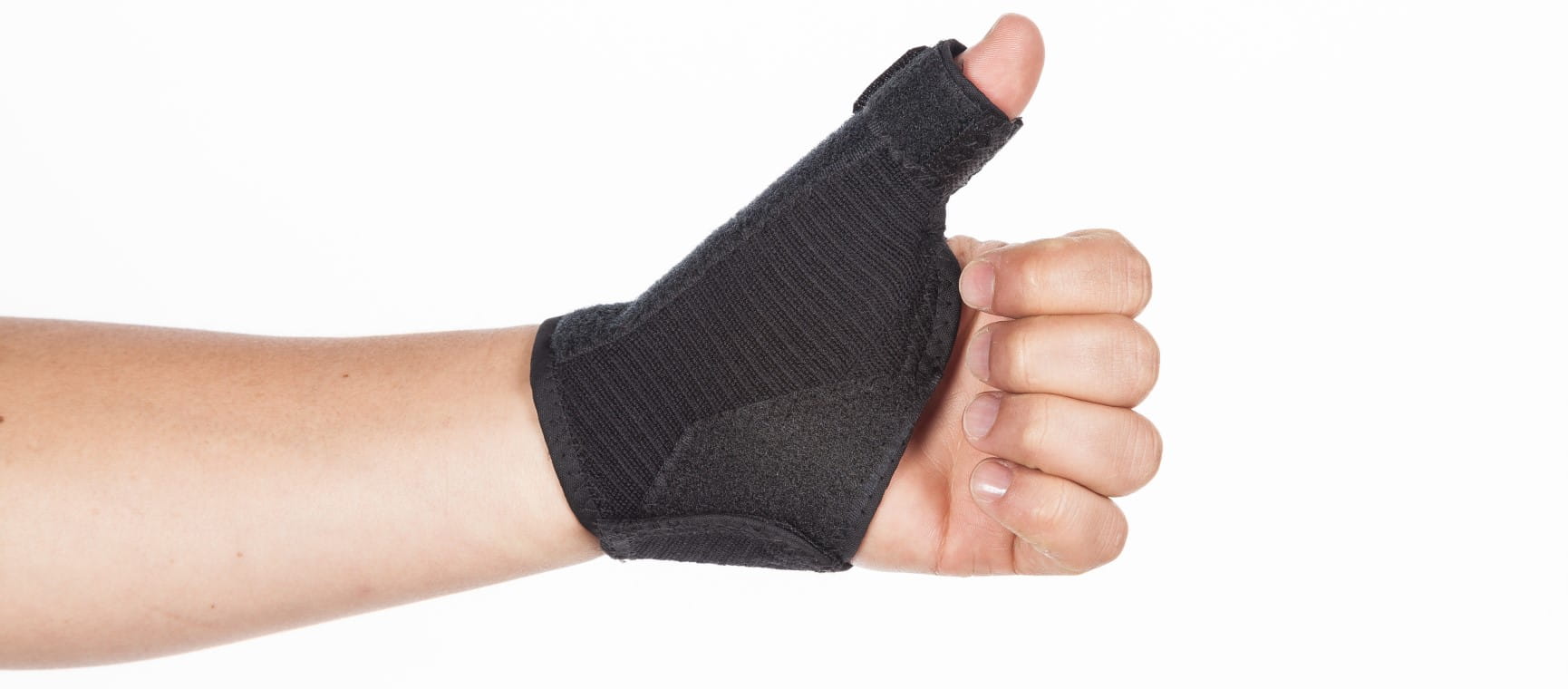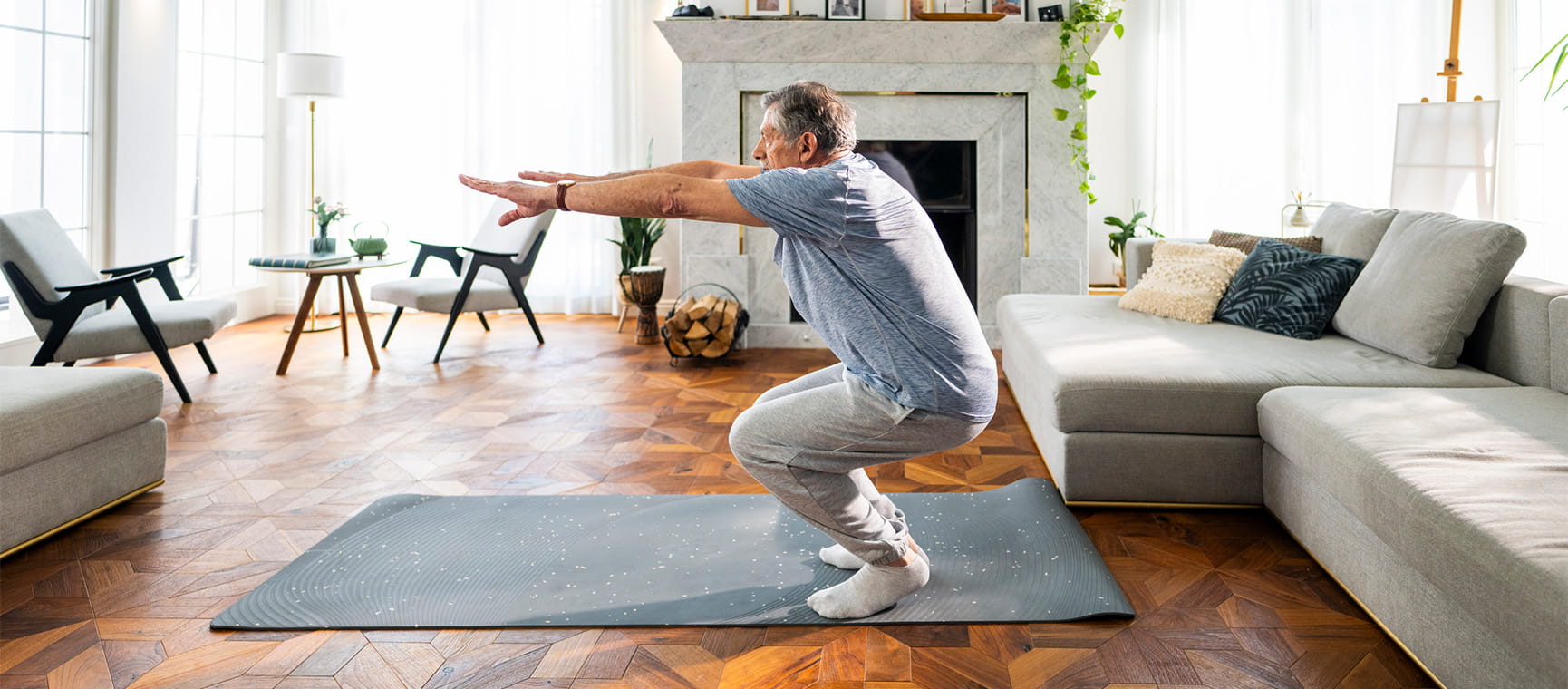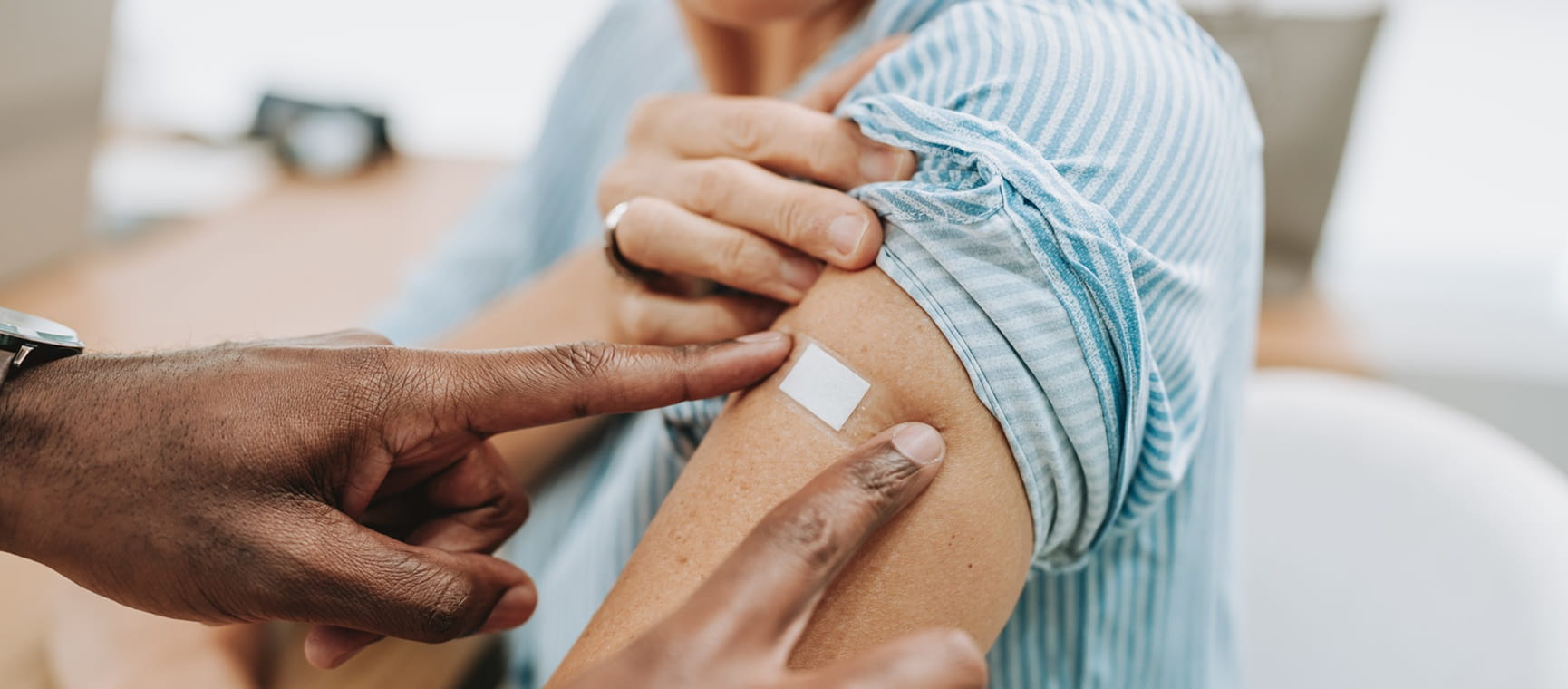Can thumb splints help arthritis? Dr Mark Porter has the answer
A Saga Magazine reader asks Dr Mark the best way to deal with thumb arthritis

A Saga Magazine reader asks Dr Mark the best way to deal with thumb arthritis

I have come across thumb splints online. Are they worth trying?
Osteoarthritis of the joint at the base of the thumb is very common, affecting at least one in four people over 45 to some degree, mostly women.
Splints can provide some relief but need to be rigid to work well and that will hinder use of your hands. Flexible neoprene ones are easier to wear but not that helpful in my experience.
If splints don’t work, a steroid injection is the next step, but this is best done by a hand surgeon, so you will need a referral from your GP.
Surgery on the joint or replacement is another option, but reserved for the most severe cases.
The British Society for Surgery of the Hand has more information about Basal thumb arthritis.
Charity Versus Arthritis explains that there are two types of thumb splints.
The charity advises not to wear a splint all the time as the joints may become stiff.
This article appeared in the July 2024 edition of Saga Magazine.
With 26 years experience in practice and a partner in a busy South Gloucestershire surgery, Dr Mark is also resident doctor on BBC One's The One Show, presents Radio 4's Inside Health, writes for The Times, and has popped up on celebrity versions of The Weakest Link and Mastermind.
Dr Mark was awarded an MBE in 2005 for services to medicine.

Are you retiring at the wrong age? The best age to retire for your body, brain, happiness and pocket.


Everything you need to know about the lung infection, and how you could be ill with “walking” pneumonia without realising it.

Strong calves for a strong mind: how they support our circulation and brain health, with easy moves to strengthen yours at home.


Our GP Dr Mark Porter explains what can cause itchy skin, which is a common problem as we get older.

Worried you’ve morphed into Victor Meldrew? Find out how to battle that bad mood, and what to do if you’re stuck with a grouchy loved one.

The benefits of heat and cold therapy, and how Nordic bathing won over our nervous writer.

Here’s how to spot the symptoms of heat disease and reduce your danger.


The NHS winter vaccination campaign kicks off next week. Here’s the lowdown on what you need to book.

Pilates for back pain – what to do if you are suffering, and five gentle exercises that could help.

Dizziness or vertigo: a sensation of spinning, can stop us doing everyday things for fear of falling. Try these tips to stop feeling dizzy


You don’t have to put up with bladder leaks. We try out the latest pelvic floor gadgets for men and women.

Cataracts are a normal part of ageing. Learn how to spot the signs – and when it’s time to consider surgery.